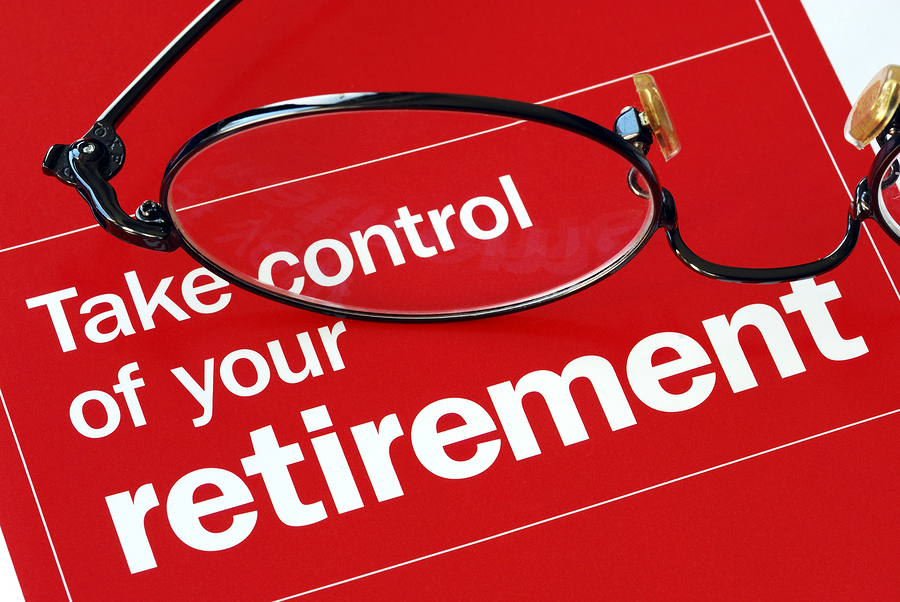How to Prepare for a Smooth Ride Into Retirement
Retirement is a significant life change. Transition into it shouldn’t be.
The best way to offset problems as you transition into this new life phase is to plan in advance.
What’s Your Vision?
Begin by asking yourself how you envision your retirement. At what age do you want to retire? Do you want to live in the same place or move to a new city, state or country? Do you want to downsize? Are you interested in a retirement community? Consider the many types of retirement lifestyles that would suit you best. Some people want to spend the early retirement years traveling and fulfilling dreams. Others envision quiet days with family and friends.
Also, do you hope to work part-time to supplement your income? Many retirees enjoy working as consultants or freelancers. The mental stimulation and social interaction with their professional peers provides satisfaction and fulfillment. Having a purpose has been shown to boost health outcomes among seniors. Volunteering also provides similar benefits including: improved resilience, reduced reliance on medical support, and improved mental health.
Is Your Spouse in Agreement?
If you are married or have a lifelong partner, talk together about their retirement outlook. He or she may have a different vision. Your spouse may also want to retire at a different time than you. There are pros and cons to retiring together. Either way, the timing of retirement may impact your finances, health insurance, social security, and tax obligations. Consider these carefully in advance and together before making final decisions.
Can You Afford It?
Once you’ve set a timeline for retirement and discussed your retirement vision with your spouse, evaluate your finances. Look at your anticipated retirement income, including social security, IRAs, saving accounts, investments and pension plans. Make a list of anticipated expenses. Some items will increase while others will decrease once you stop working. Transportation costs tend to go down, and you likely won’t be needing expensive suits and work-clothes any longer. Health costs, though, are likely to increase.
Create short and long-term budgets. Retirement can last until your 90’s! Make sure your portfolio can sustain you for the next 2-3 decades. Remember to include long-term care expenses for your aging needs.
Meet with your accountant and financial advisor. Also consider talking with a tax expert to evaluate strategies to reduce overall tax obligations. Make a commitment to review your portfolio every year. This is important not just to balance your assets, but also to adjust your retirement roadmap as changes come up.
At Silverman Financial, we create long-term relationships with our clients to prepare them in advance for secure retirements. We offer complimentary initial consultations and provide ongoing monitoring of your portfolio to protect your future.
SCHEDULE YOUR COMPLIMENTARY CONSULTATION NOW




